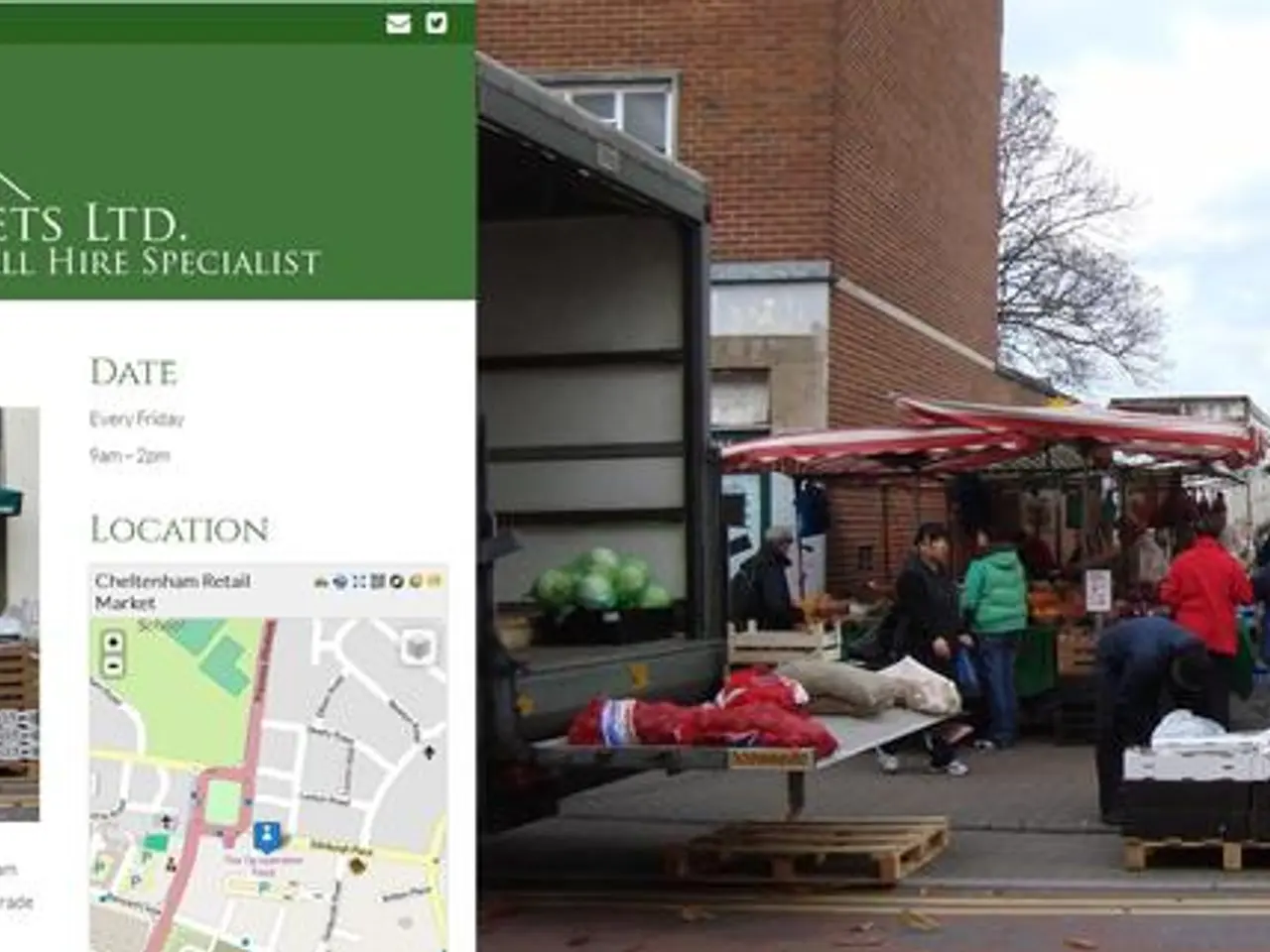Increase in farm closures due to seizures for inheritance tax payments
Record Number of Farm Closures in the UK Due to Inheritance Tax Changes
A significant increase in the number of farm closures in the UK has been reported, with 6,365 agriculture, forestry, and fishing businesses closing over the past year – the highest since records began in 2017 [1]. This trend is linked to the government's decision to end Agricultural Property Relief (APR) and impose inheritance tax (IHT) changes.
Previously, APR allowed family farms to be passed down tax-free, enabling continuity across generations without forced asset sales. However, the new rules, effective April 2026, cap APR and Business Property Relief (BPR) at £1 million, with values above this taxed at 50% relief or subject to 20% IHT [2][3]. Many farms, especially in the South and East of England, exceed this value, making even small farms vulnerable to the new taxes [3].
Farmers and rural communities have expressed strong concerns, warning that these reforms put multi-generational farms at risk and may force sales or debts to cover tax bills, threatening rural economic stability and intergenerational landholding [1][2][3]. The National Farmers Union has linked the rise in closures to increased cashflow pressures exacerbated by these tax changes, alongside other challenges like extreme weather and market volatility [2].
While the government argues the reforms target abuses by very wealthy landowners and allows interest-free installment payments, critics consider these measures insufficient to offset the structural impact on farming businesses [1]. The changes have also contributed to increased stress and uncertainty in the farming community, affecting wellbeing [4].
In an effort to support farmers, the government has appointed former NFU president Baroness Minette Batters to recommend reforms to boost farmers' profits and is ensuring farmers get a bigger share of food contracts across schools, hospitals, and prisons [5]. The department is also slashing costs and red tape for food producers to export to the EU [6]. However, these measures may not be enough to offset the impact of the inheritance tax changes.
In conclusion, the ending of APR and tightening of inheritance tax reliefs have directly contributed to a record number of farm closures, as many farms cannot sustainably manage the new tax burden on succession, threatening the viability of family farms and rural economies in the UK [2][3][1].
1. The changes in inheritance tax rules, specifically the capping of Agricultural Property Relief (APR) and Business Property Relief (BPR) at £1 million, have raised significant concerns within the farming industry, as many agricultural businesses in the South and East of England exceed this value, making them vulnerable to the new taxes.
2. The rising numbers of farm closures in the UK, with 6,365 businesses reported to have closed over the past year, can be attributed to a combination of factors, including the government's decision to end APR, the high values of many farms, and increased cashflow pressures faced by farmers.
3. The finance sector will likely witness shifts as a result of the increased farm closures and the changes in inheritance tax rules, potentially leading to repercussions in the general news, politics, and rural business landscapes.




